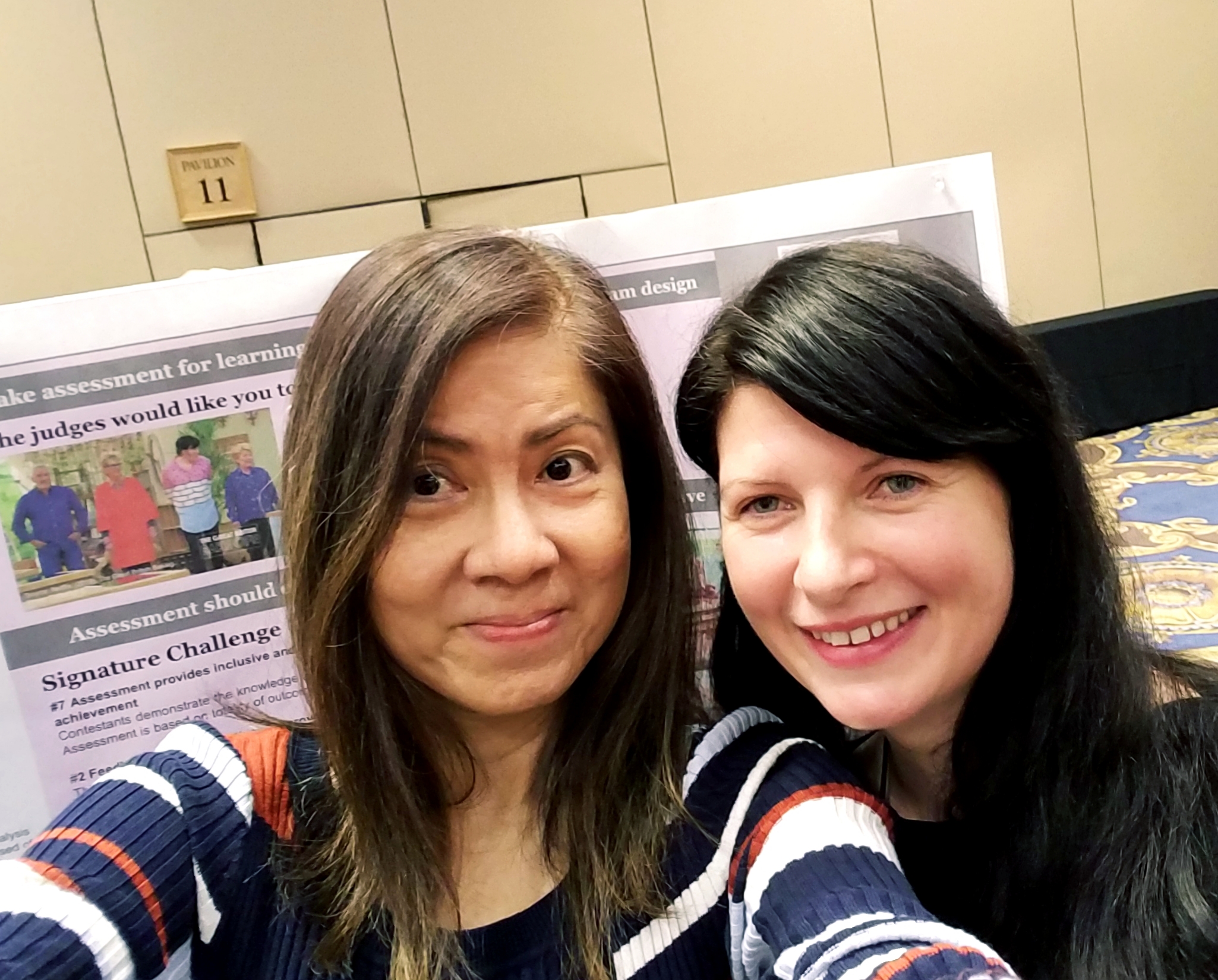Creating Online Assessments for the First Time
This is a post that needs to be written as it is a F.A.Q. — one that I often get. Even when I’m not directly asked to address this, many instructors would appreciate having this range of assessments upfront when they are creating online assessments for the first time. Some of the questions I get asked are:
What type of assessment can I create?
How should I create them?
Why should I create this assessment and not that?
How do I measure …?
So, I’ve put together some information, especially for first-time online instructors, based on a literature review I came across that was completed some years back by Donnan (2004), an Australian doctoral student. The table information began with Traditional Assessments as this type of assessment is what instructors are used to — outcome or product-based assessments. The assignments are the same as those instructors expect from their students in regular oncampus courses, but instead of dropping them off in class or emailing them to their instructors, students upload or submit their work via the LMS. Lower down the table are assessment types that make use of the affordances of online learning technologies, and types that move away from the older paradigmatic way of just assessing student learning products.
| Assessment Type | Example | Learning Technologies | Pedagogical Tips |
|---|---|---|---|
| Traditional Assessments Submitted Online | Essays
Reviews Reports Case Studies |
Assignment/File upload
Online grading/feedback Rubrics [all via LMS or electronic means] |
Set grading criteria/rubrics to establish clear standards and expectations
Include milestone reports to indicate cumulative progress Consider peer review to support elaboration of topic & build student capacity for self-assessment |
| Automated (Machine Graded) Assessment | Quizzes including MCQs, fill-in the blanks, T/F, Y/N responses, matching, ordering options
Online Exams including MCQs, short answer |
Quizzes; short answer responses built within LMS or use external apps
Additional LMS online plugins such as Respondus or Questionmark, etc. Socrative, Kahoot Onsite proctors at exam centers or ProctorU etc |
Provide general and specific feedback options for self-assessment, diagnosis, and formative feedback.
Use scenarios and case examples to address higher order critical thinking skills if using MCQs. Attempts to address concerns of plagiarism More commonly used as assessments that seek to meet professional accreditation standards |
| Interactive Learning and Co-Construction of Knowledge | Contributions to discussion forums
Reading summaries/critical reviews Group projects Collaborative annotation of readings |
Discussion forums
Online Polls Hypothesis Theme-based Tweets (using Twitter) |
Align with learning outcomes, e.g. communication, teamwork, critical thinking, problem solving
Encourage social learning Assess engagement with readings and peers |
| Authentic Assessment | Scenario-based learning
Project-based learning Laboratory/Field trip reports Simulations Critical incident analysis Case studies/Role play Online oral presentations/debate |
Live Sessions via webconferencing tool e.g. Zoom
Learner-generated products/makes, e.g. slideshows, podcasts, YouTube videos using online apps Virtual worlds, augmented and virtual reality |
Experiential learning
Theory/Work integration, e.g. consultancy projects; work-related projects Engage students in developing criteria Self and peer review supports real-world experience |
| Reflective and Meta-Cognitive Assessments | Electronic portfolios documenting evidence of learning/competencies
Online journals, logs, blogs, wikis Embedded reflective activities Peer and self-assessment |
e-portfolio technologies
Padlet, Carbonmade MindMup Flipgrid |
Assess learning processes, not just products
Provide options for self-assessment and peer assessment Use of rubrics for self-assessment and metacognitive checks |
Adapted from:
Donnan, P. (2004). e-Learning Assessment: Instructional design pathways. Paper presented at International Conference on Computers in Education (ICCE). In E. McKay (Ed) Acquiring and constructing knowledge through human-computer interactions: Creating new visions for the future of learning. RMIT, Melbourne, Nov 30th – Dec 4th, 2004. CD-ROM. Altona, Victoria. Common Ground Publishing, Melbourne.
Retrieved from: http://learnonline.canberra.edu.au/mod/book/view.php?id=660784&chapterid=7503

